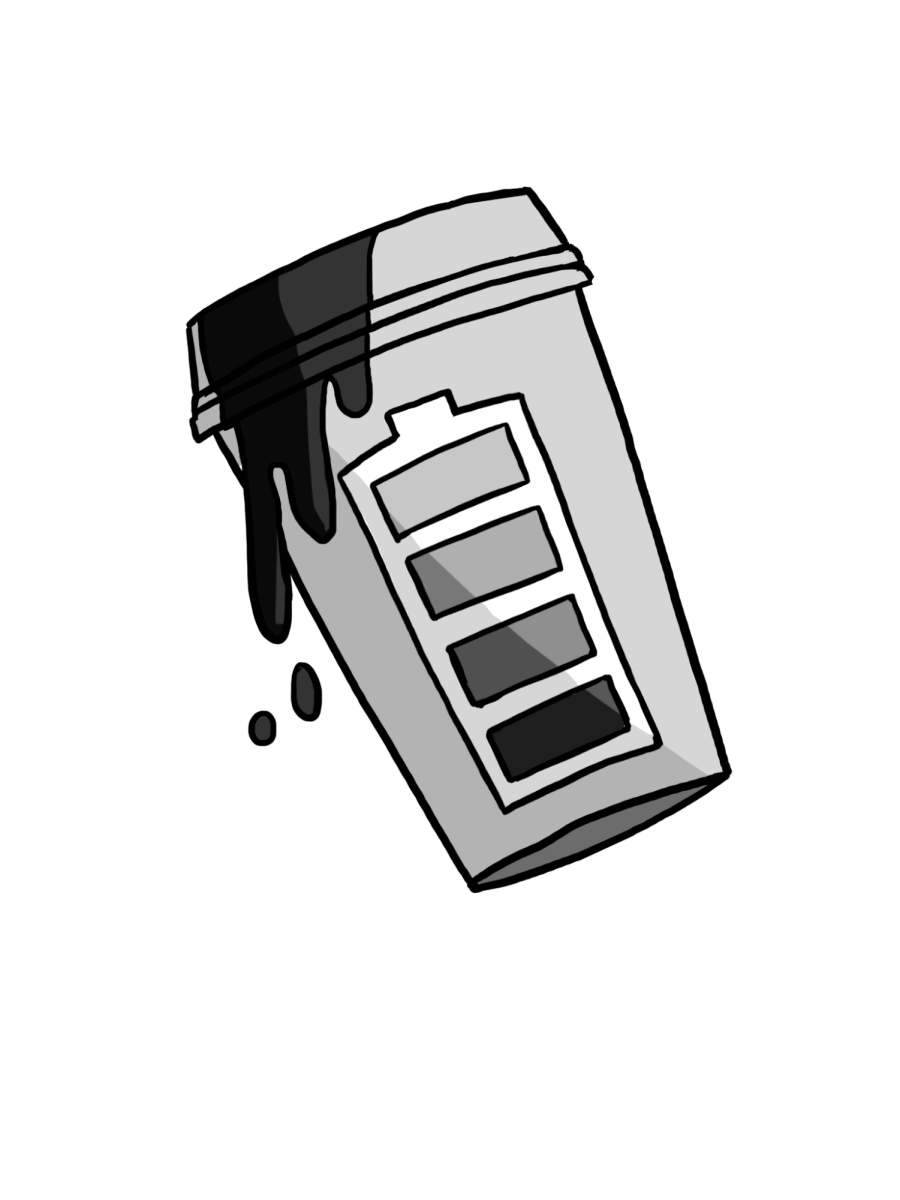After a long day of school, senior Emilio Moreno-Savellano either gets a simple iced mocha or makes coffee with milk and sugar at home. For Moreno-Savellano, coffee is fuel, but it can also come with drawbacks.
“I find myself getting anxious around midday when I usually drink another cup, and then at the end of the day,” Moreno-Savellano said.
Many SCHS students and staff alike have mixed opinions relating to caffeinated products and their impacts. Some on campus are quite fond of nearby cafes, such as Starbucks and Philz Coffee, or enjoy making caffeinated drinks at home, but they also recognize the downsides of caffeinated drinks.
Moreno-Savellano has been drinking coffee routinely since eighth grade and recommends coffee for a boost of energy. He recognizes, however, that it is difficult to cut out the product or decrease one’s anxiety with their intake of coffee after consuming it daily.
“I can’t remember why I started,” Moreno-Savellano said. “I think I was just getting too tired and needed a little booster.”
Social science teacher Gwen Schneider began drinking coffee and has loved it since her freshman year of college. Her first experience with drinking caffeine was a vanilla coffee from The International House of Coffees, and her college had a vending machine that served espresso to students. Despite Schneider’s appreciation for coffee, she also debates the impact it holds over her son in college, who struggles to fall asleep some nights due to energy drinks. Schneider advises students to decrease their caffeine intake.
“I think teenagers need to be more cognizant when… cutting off their energy drinks or their sodas,” Schneider said.
Science teacher Sara Carvalho debated about the codependency coffee can trigger for students and staff but also acknowledged the benefits and nostalgia it holds. Carvalho’s family is from El Salvador, and when she visited growing up, she saw how her grandfather roasted and grew his own coffee beans, which she would later drink with family.
“For me, it really goes back to my family,” Carvalho said. “One of the coolest things for me is thinking about where the coffee comes from and having that connection to my home.”
Despite knowing the downsides of consuming caffeine, such as headaches or becoming too attached to the product, Carvalho still decides to drink coffee.
“And so it’s one of those things where like, I know it’s bad for me, but I still drink my coffee every single day,” Carvalho said.
Many on campus have grown accustomed to caffeine and struggle to break the habit of consuming their caffeinated beverages. Moreno-Savellano finds some internal struggles when consuming caffeine routinely.
“I think it will be a definite challenge to try and quit. It’s (caffeine) been a part of my life for so long I don’t know what it’ll be like to live without it,” Moreno-Savellano said.


